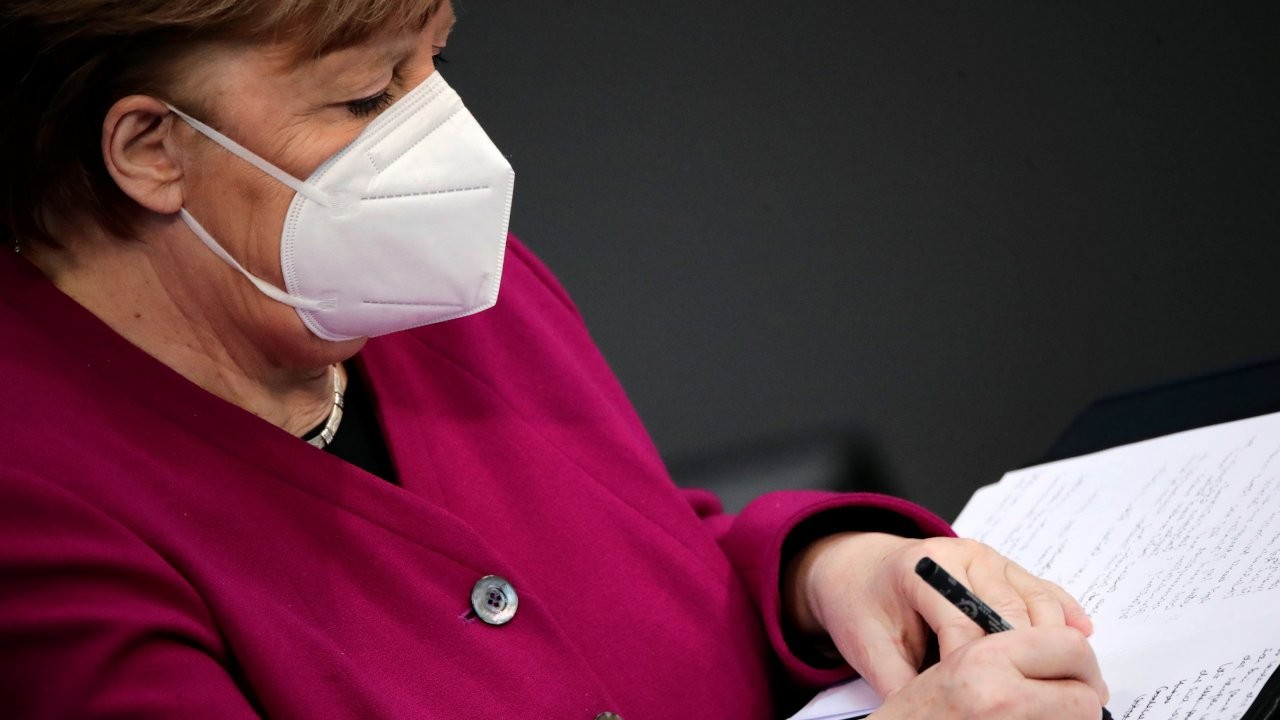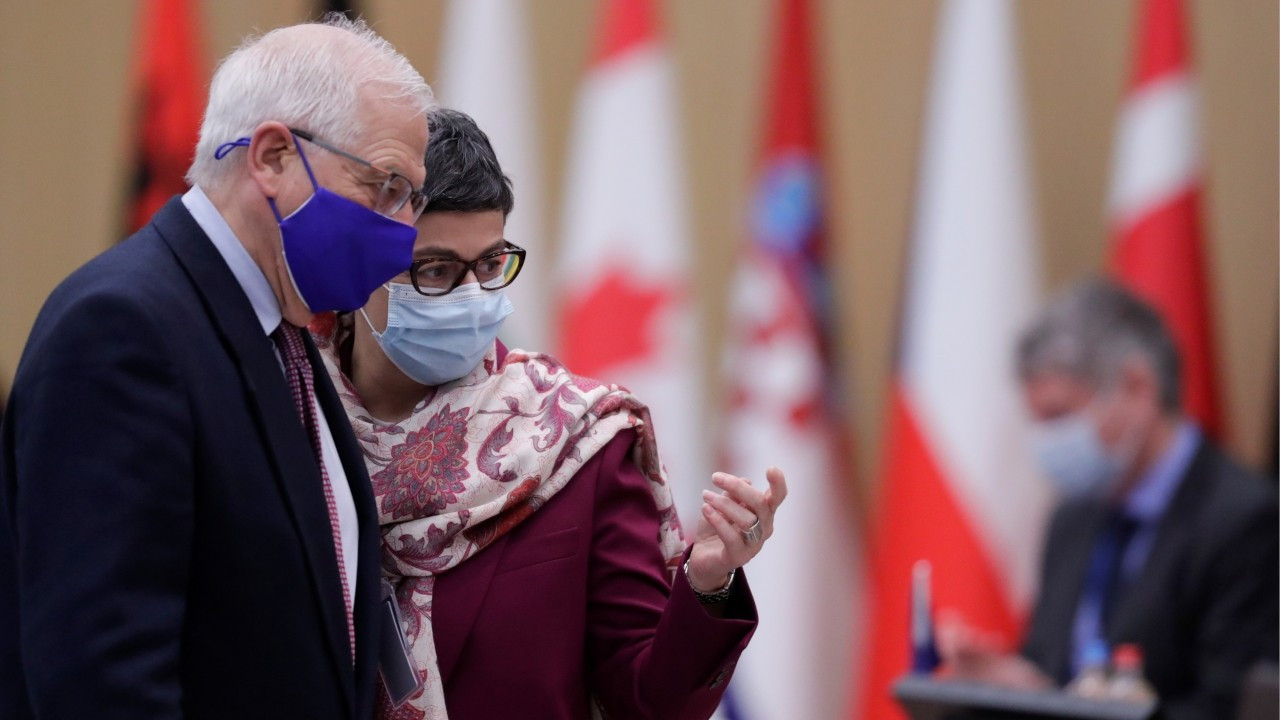EU Council releases its conclusions on Turkey: Both improved customs union and sanctions on table
According to a document produced by the European Council at the summit on March 25, the EU will work on a mandate for the modernization of the customs union with Turkey, provided that Ankara abstains "from renewed provocations or unilateral actions in breach of international law" in the eastern Mediterranean. EU leaders also expressed their concern with regards to the deterioration of the rule of law and fundamental rights in Turkey.
Duvar English - Reuters
European Union leaders made good on March 25 on a 2016 promise to deepen trade ties with Turkey, but also warned Ankara to expect sanctions if it restarts exploration over disputed hydrocarbons in the eastern Mediterranean.
"We call on Turkey to abstain from renewed provocations or unilateral actions in breach of international law," EU leaders said in a statement following a discussion by video conference, saying they will review progress in June.
Conclusions on Eastern Mediterranean have been adopted at #EUCO chaired by @eucopresident pic.twitter.com/3zfy5izOKj
— Barend Leyts (@BarendLeyts) March 25, 2021
Aiming to reward Turkish President Recep Tayyip Erdoğan for pulling back from confrontation over gas exploration, the EU can now prepare for a deeper customs union with Ankara.
EU leaders said that their experts can "work on a mandate for the modernisation of the customs union," according to the statement, allowing the 1990's-era trade agreement to be expanded to services, farm goods and public procurement.
The customs union expansion would bring Turkey, an EU candidate for membership of the bloc, fully into the internal market of the world's largest trading bloc, allowing almost all goods and services to flow unhindered and swelling its size by 80 million Turkish consumers.
The plan dates from 2016, when Turkey agreed to host Syrians fleeing civil war, but a host of disagreements between Ankara and Brussels over human rights, hydrocarbons and Turkey's stalled EU membership bid prompted EU states to hold back.
Negotiations could still take several years to complete and the EU is concerned that Erdoğan could change course as he seeks a bigger regional role for Turkey, moving against the EU.
The EU threatened "to use the instruments and options at its disposal to defend its interests," according to the statement, referring to travel bans and asset freezes on individuals, as well as sanctions on important sectors of the economy such as energy and tourism.
Ankara accused Brussels on March 24 of "playing for time" and rejects talk of sanctions as unhelpful and a distraction between the two trading partners.
But EU diplomats say they have reason to be cautious.
Last weekend, Erdoğan abruptly pulled Turkey out of a Council of Europe convention protecting women from violence, better known as the Istanbul Convention. The United States and the EU said Erdoğan's move marked another backward step for human rights in Turkey. The Turkish president also plunged markets into turmoil by sacking a central bank governor admired by Western investors.
"Rule of law and fundamental rights remain a key concern," EU leaders said, concerned about growing authoritarianism under Erdoğan.
"The targeting of political parties and media and other recent decisions represent major setbacks for human rights and run counter to Turkey's obligations to respect democracy, the rule of law and women's rights. Dialogue on such issues remains an integral part of the EU-Turkey relationship," they said.
In response to the conclusions adopted at the summit, Turkey said it hoped the conditionality of the steps the EU was willing to take and the postponement of their implementation to the bloc's next summit in June would not cause the positive momentum to be lost, while accusing the EU of violating international law by calling Turkish operations in the eastern Mediterranean illegal.
“We hope that linking these steps to conditions in the summit statement, addressing only certain areas and postponing them to June will not lead to the loss of the positive momentum that has been captured,” the Turkish Foreign Ministry said in a written statement.
“Although we are ready to work with the EU to continue implementation of the March 18 agreement with all elements, including cooperation on migration, and have presented concrete proposals on this issue, the fact that the EU side has to be selective and give vague statements, ignoring the comprehensive content of the agreement, remain weak steps for the EU, which we want to turn into a global actor,” said the statement.

 Germany calls for closer EU-Turkey cooperationDiplomacy
Germany calls for closer EU-Turkey cooperationDiplomacy Turkey tells EU to stop 'playing for time,' take concrete steps to improve tiesDiplomacy
Turkey tells EU to stop 'playing for time,' take concrete steps to improve tiesDiplomacy